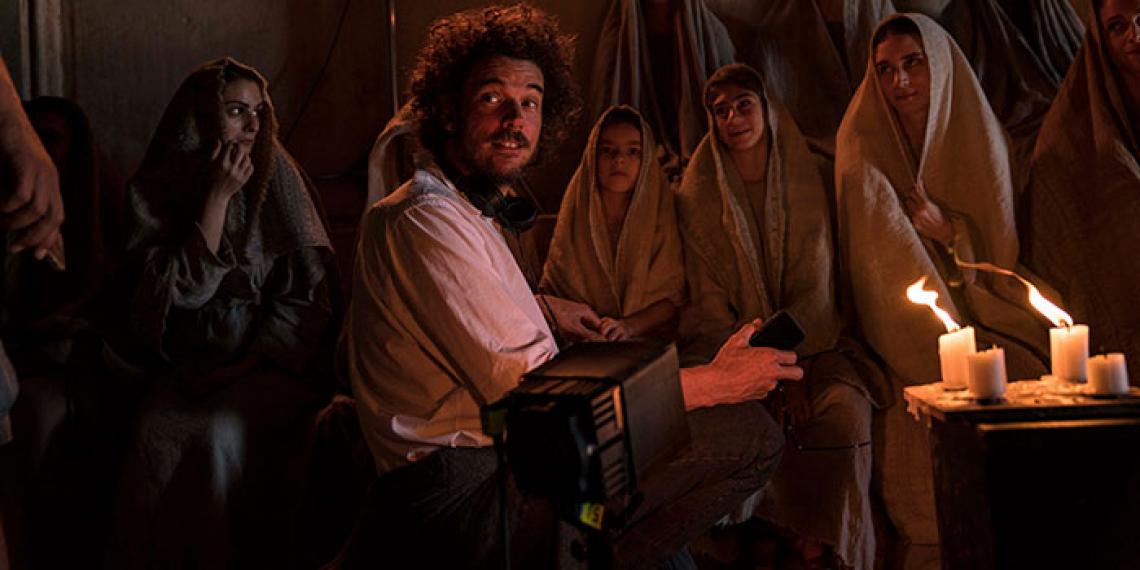You are here
A different Mary

Mary Magdalene is one of the most mysterious and misunderstood characters in the Bible. Garth Davis—the acclaimed director of the Academy Award-nominated Lion—has re-imagined her untold story. The film Mary Magdalene does not claim to be Christian, but as Garth told War Cry, he discovered the kingdom of Jesus is for everyone.
- You’ve said that you’re not religious, so why did you want to take on a biblical film?
When I read the script, I was just taken by Mary and her story, and the spirituality in it. Like Lion, it was another exploration of love, and they’re the emotional cornerstones of what I’m looking for in my work. It was also a very different Mary Magdalene to the one I thought I knew, and I wanted to explore that.
- How did making this movie influence your own spirituality?
What struck me was how much it translates to our modern times, I really saw a lot of modern parallels. Through Judas, I saw how fundamentalism can develop—he was just hoping for a better world and a better place, and love blinded him.
- Jesus came across somewhat as a victim of his disciples’ aspirations …
Ultimately, I think Jesus hoped that people would discover the message, because you have to discover it for yourself. You have to find your way to the truth, and embrace it for yourself.
- I loved the way you depicted Mary in a man’s world—is this a feminist film?
There is a feminist aspect, absolutely. The main thing that struck me was how much more difficult it was for a woman to explore her calling in a patriarchy, and I still think that’s true today in many cultures—while making this film I was inspired by the story of Malala, who was shot by the Taliban but chose to forgive them. Jesus spoke about forgiveness and welcomed everyone.
- The film has been described as ‘scandi noir’—what was the atmosphere you were trying to create?
There are a lot of silences in the movie and that’s deliberate. I want to bring audiences into those silences so they start to listen to what’s inside of them—which is tricky, because a movie is designed not to do that at all, it’s designed so that we’re pulled through an experience. So this asks the audience to do some work. There is also a sense of intimacy, which was a choice creatively, because we’re trying to say that God is within us.
- The kingdom theme in the film is very much what Christianity is about—it was not a physical kingdom, but an unseen kingdom, spread by acts of love …
That’s one thing I learnt; I got that. If we could all embrace that, if each individual got that, imagine the impact on the entire world. We wouldn’t have these wars, would we?
- For Christians, that’s what it’s all about, not rules and regulations …
Yeah, that was one of the reasons why I have never been attracted to religion, because every time I went [to church] it didn’t make sense, it didn’t speak to me at all. But when I read this, I thought ‘Wow I can really relate to this, it’s really fascinating.’ I really believe in all of these characters and that they existed.
- Why did you decide to downplay the moment when Mary sees Jesus at the resurrection?
I wanted to show that the resurrection happened, but I also wanted the audience to have that question—did she, or didn’t she? It’s asking the audience to have faith as well.
by Ingrid Barratt (c) 'War Cry' magazine, 7 April 2018, pp3. You can read 'War Cry' at your nearest Salvation Army church or centre, or subscribe through Salvationist Resources.